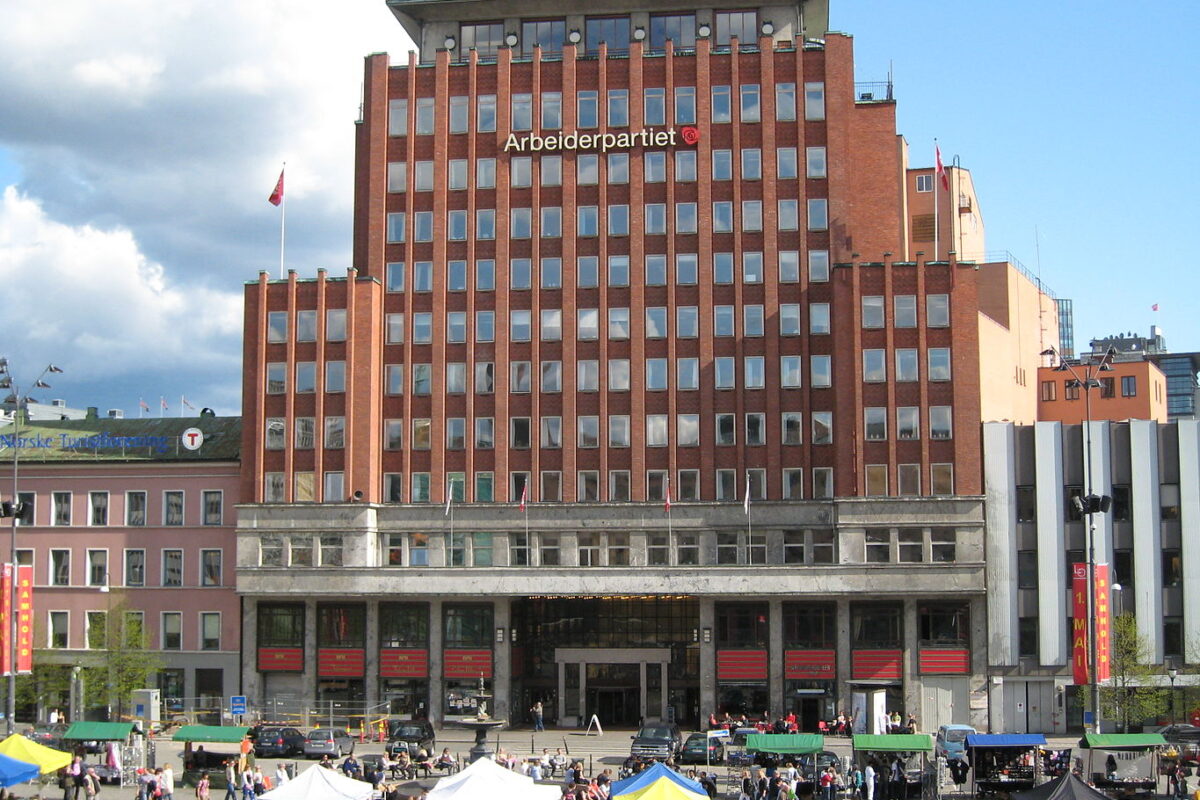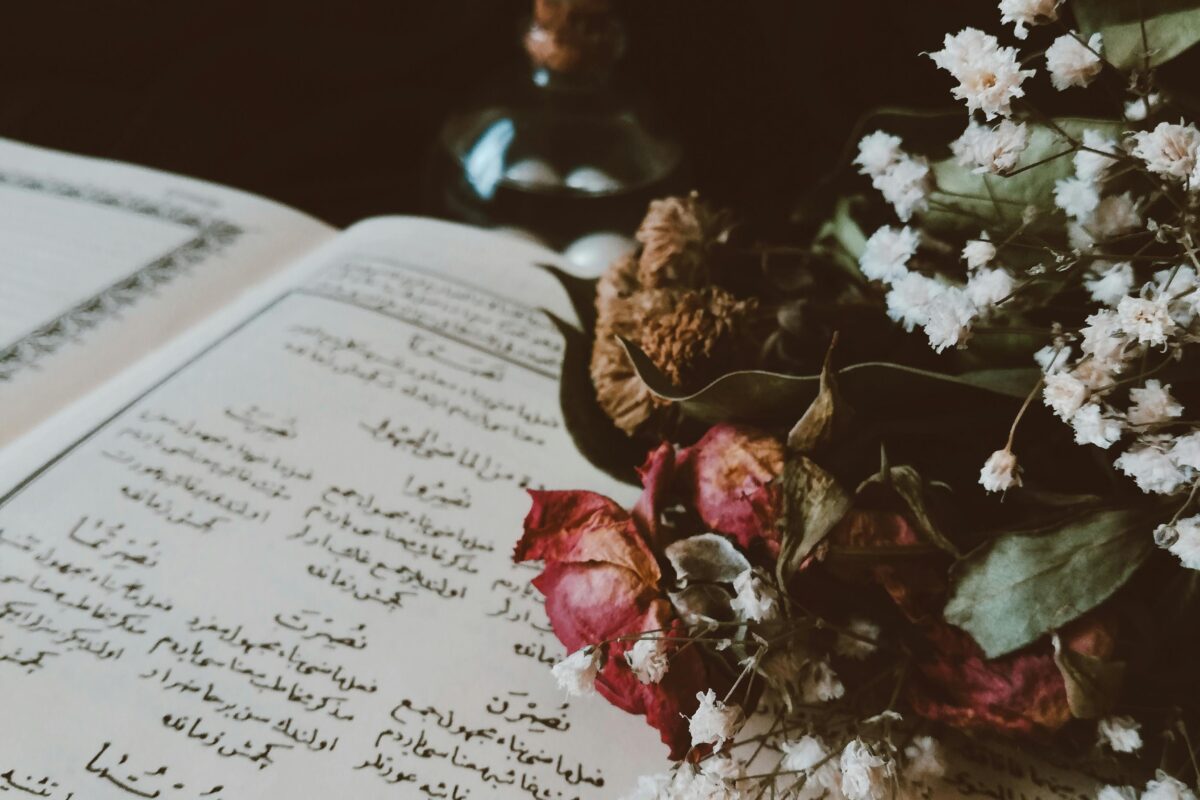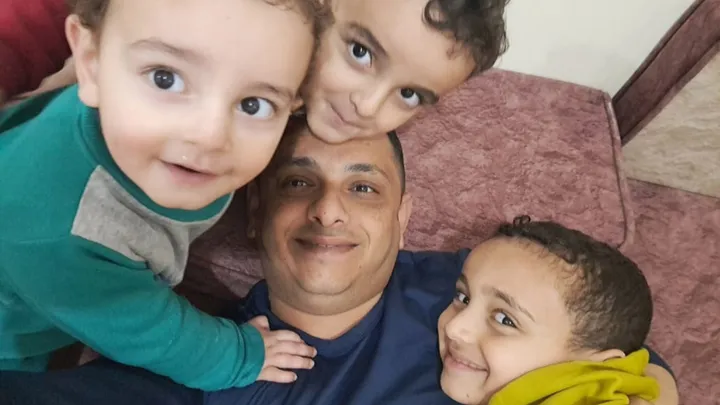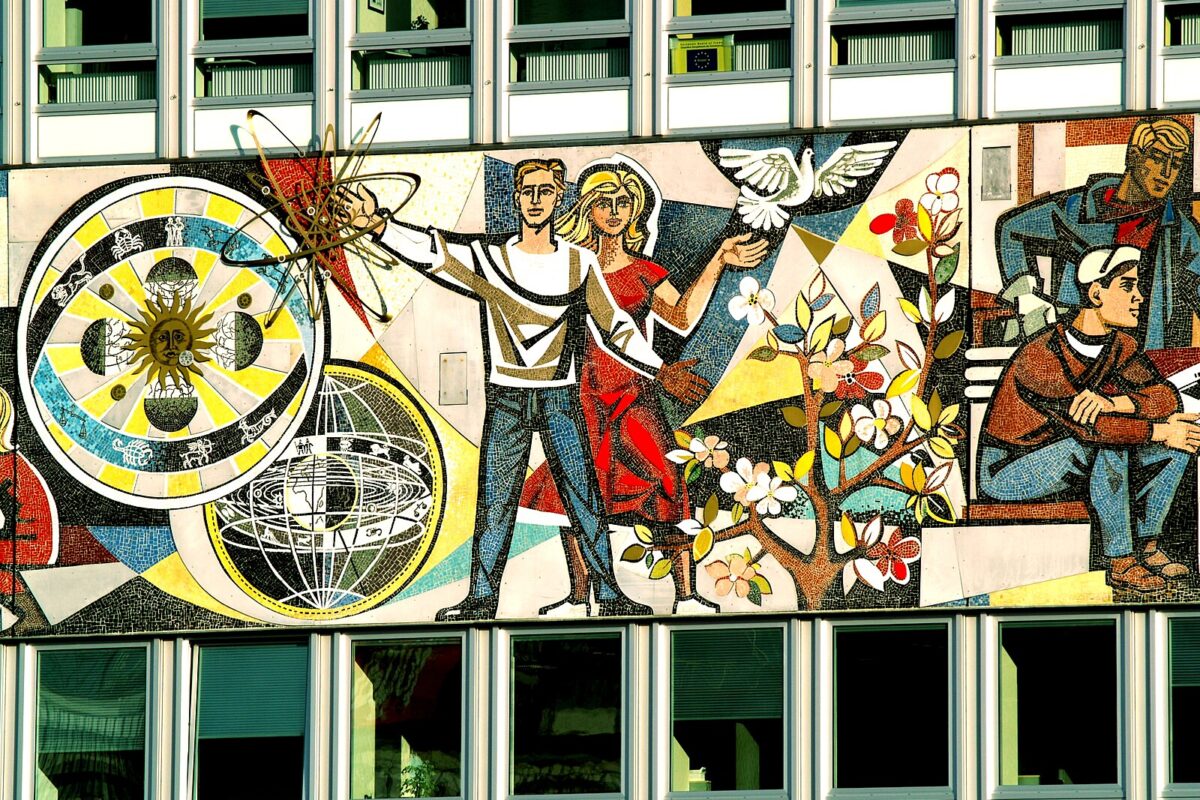Shadows over the fjord
I spoke to the journalist Marie Le Conte about two weeks before the Norwegian Stortingsvalg (parliamentary election), and we both agreed that the country is rather oppressively good. We did not have time to discuss the dangers that lurk behind the picturesque exterior, always waiting in the shadows to envelope this charmed land with malice. That same week, an Ethiopian Muslim woman named Tamima Nibras Juhar was murdered by an 18 year-old German-Serbian who was known to have held right-wing extremist views. A few weeks prior, Lena Kotré of the Brandenburg AfD had attempted to attend a conference at the heart of Oslo’s multicultural hub of Grønland, organised by Norgesdemokratene (the Norwegian Democrats), a truly extremist party that promotes the idea of remigration.
Fortunately, she was sent packing by an angry crowd that blocked the way. She tried to do another activity with the same party earlier this week, but was met yet again by a thousand counter-protestors, dressed up as clowns to mock the fascists. To try to raise this rabble with the wounds of a racially motivated terrorist attack is provocative to say the least. Yet the Norwegian public admirably rose to the occasion, while the Norwegian police escorted the provocateurs away rather than attacking the protestors, as is wont in Germany. Yet, these events may portend a slow shifting of the sands in Norwegian politics.
Election autopsy
I wrote about the Norwegian parliamentary elections in early August at the start of the campaigning period. I predicted that the unpopularity of the odious Sylvi Listhaug, leader of Fremskrittspartiet (the Progress Party, FrP), would serve to drive voters into the arms of Jonas Gahr Støre, the current prime minister and leader of the Labour Party. This has proven correct. Arbeiderpartiet (the Labour Party, Ap) managed to increase its vote share by 1.7% to 28%, gaining 5 more seats compared to the previous election. Yet the rise of FrP to second place with 23.8% of the vote is nothing short of a political earthquake. Within four years, the party has more than doubled its support, rising from 21 to 47 mandates, and displacing the dominant party of the centre-right, Høyre (“Right”, H). The electoral shrapnel from FrP’s ascent fatally wounded the other historic party of the Norwegian bourgeoisie, Venstre (“Left”, V), which fell below the electoral threshold of 4% and lost 5 of its 8 parliamentarians. There is something amusing about a populist-right party named “Progress” so badly damaging parties to its left, named “Right” and “Left”.
The damage was not limited solely to the right, however. The true story of this election, one that is glossed over across Norwegian media, is the collapse of the agrarian-centrist Senterpartiet (the Centre Party, Sp), which within four years fell from 13.5% to 5.6%, losing more than half its support—almost exclusively to FrP, although this is based on simple mathematics and not confirmed polling. The story of Høyre leader Erna Solberg’s fall from grace after leading the party for 21 years (8 as Prime Minister) captivated the electorate. It was easy to pit these two leading women of Norwegian politics, with little love lost between them, against the grandfatherly figure of Støre. It could just as easily have been a narrative of chaos with Støre, who now has to negotiate with three parties to his left, and one party to his right, a party that collapsed his government in January. Yet, disunity on the right, and Listhaug’s refusal to rule herself out as a candidate for prime minister led to a campaign where Høyre seemed to fight more with FrP than Ap, while Støre’s own alliance remained disciplined in attacking the sore exposed by Listhaug. Norwegians magically forgot the strife that had dominated Støre only a year prior.
Yet it is the behaviour of a much enfeebled Sp that will now determine the success or failure of this administration. Four years of deadlock will guarantee a Listhaug government in four years no matter how polarising she is—Norwegian voters seldom grant a party a third consecutive term in government in any case. The problem with borrowing votes is that you eventually have to return them and get your own.
The battle for the Sperregrense
I had not predicted that the election would centre so sharply around the battle at the margins. The chief instigator of the failure of this prediction is the psephology industrial complex. Polling predicted a razor sharp election, with the electoral threshold (called Sperregrense) changing the colour of government despite small movements in the overall distributions of vote shares. The sudden rise of the Kristelig Folkepartiet (Christian People’s Party, KrF)—a Christian democratic party that underwent a rebrand to become more homophobic, more natalist, and more Zionist under Dag Inge Ulstein—further embellished the spectre.
The near-certainty of a right wing led by Listhaug—who insisted throughout that the leader of the largest party ought to nominate the prime minister—calcified all the respective voting blocs in their positions. Consequently, the national debate only seemed to pretend to talk about politics, when the central question became whether Jonas Gahr Støre (with Jens Stoltenberg by his side) would lead Norway, or whether it would be Sylvi Listhaug. On this point, the Norwegian electorate was firm—nearly two thirds of voters preferred Støre while only over a quarter preferred Listhaug. The overwhelming salience of this issue meant that there were precious few voters that could actually be convinced to change sides.
Venstre voters, representing the most Europhilic and bourgeois strand of Norwegian society, were in a bind. The party presents itself as a climate champion, unreserved supporter of Ukraine, strong supporter of Palestine, while also being in favour of neoliberal economic orthodoxy: something evident in its evangelical support for EU membership. For perspective, their closest German equivalent is the FDP, with both parties being members of the European ALDE party. FrP, on the other hand, are unabashedly Zionist, used “drill, baby drill” as a campaign slogan, and nearly as Eurosceptic as the socialist Rødt (Red, R). Expecting an FrP avalanche, about a fifth of Rødt’s voters abandoned ship, many loaning their votes to the Miljøpartiet De Grønne (the Greens, MDG). MDG were flying high in the polls, threatening to take fourth place behind the parties of government; in the end, they came 7th, at 4.8%. A full third of their voters reportedly said they voted for the party tactically, to push it above the vital 4% mark.
It is all the more remarkable therefore, that Rødt managed to gain 0.6% of the national vote share, an increase of 12% over the previous election. Though the party somewhat underperformed its polling over the campaign period—at times, they polled over 6% and vied for fourth place—the result can reasonably be interpreted as a success for three reasons. First, the party grew its support organically, without being loaned votes from anyone, despite being the focus of red-scare campaign tactics funded by corporate interests supporting the right. Second, it did so against the grain of prevailing political winds, through its impressive organisation. Third, its 9 seats are now indispensable for a left majority to pass legislation.
A point of contrast is the fate of the Sosialistisk Venstreparti (Socialist Left Party, SV), which shed 2% and four seats, representing over a quarter of its base. Indeed, only 0.3% separates 4th from 6th, and in terms of parliamentary representation, Rødt is equal to SV and Sp. This is momentous for a party contesting only its 5th election against parties that have been represented in Stortinget since 1973 and 1921 respectively. With a membership of 14,000 and growing, the party is now leading the vanguard of progress by mobilising segments of Norway that feel neglected. In this sense, the party is the only force capable of stemming the loss of voters with lower education and incomes to FrP—an understudied phenomenon within Norwegian national discourse.
The storm on the horizon
The re-election of a social democratic party in open collaboration with the radical left and the Greens goes against prevailing global political currents. Anything I write that contradicts this story of boring predictability and stable social-democratic hegemony will sound like scaremongering. Norwegians saw the danger and promptly organised to head off the threat. The country remains, in my eyes, number one.
Yet, KrF did cross the electoral threshold on a campaign centred around getting the birth-rate up and vilifying pride parades, while studiously refusing to call out the Israeli genocide in Gaza. Maintaining Norway’s position as a bastion of social democracy in Europe requires unceasing diligence, and the threat of a far-right bloom remains. Racism and ethno-nationalism are real and present dangers stalking the Norwegian body politic. Listhaug has established her party as the flag-bearer of the right through a deft campaign of finely tuned dog whistles and appeals to individualism that launched her political idol, Margaret Thatcher, to political hegemony in the United Kingdom.
At the funeral of Tamima Nibras Juhar, the Prime Minister addressed the mourners gathered, flanked by several ministers. Erna Solberg was also in attendance; notably Sylvi Listhaug was not. Later that week, a rally against hate was organised on Youngstorget in Oslo city centre where Støre declared that “there is no such thing as a white, proud Norway. That is racism.” I am inclined to trumpet the praises of such a societal response up to the high heavens, yet it is easy to overlook that this ought to be the standard response: it feels remarkable only because the rest of the world has sunk into a nihilistic pit of ethnonationalist hatred.
Sylvi Listhaug has marshalled approximately a quarter of the Norwegian electorate around her brand of Thatcherite politics with a Trumpian sprinkle. She has displaced Høyre as the pre-eminent party of the right, and this may lead Høyre to break with a decades long social-democratic and anti-racist consensus in Norwegian politics. In turn, this might break the resolve of the Labour Party and draw it into the gutter. Such heel turns, sudden as they are, are not uncommon—just look at what the former human rights lawyer turned genocide-enabling authoritarian Keir Starmer is up to. The climate crisis and Norway’s role as a chief profiteer of enabling it remains a glaring hypocrisy, and simultaneously the material basis for continued social democratic hegemony. The contradictions will at some point begin to unravel, and in that moment Norway’s idyll might indeed shatter.
For now, the country remains resolutely anti-racist and egalitarian. Rødt, SV, and (I hope) MDG will become the sentinels at the gate, blocking the advance of fascist forces from polluting this pinko paradise. Jonas Gahr Støre would do well to accept the intellectual vigour these parties are injecting into a social democratic orthodoxy that is susceptible to hubris and complacency. Compromise and idealisation of bipartisanship consensus are simply not viable strategies to govern in turbulent times. Listhaug, with the serendipity afforded to broken clocks, was at least correct in demanding that Norway change course. Now, Støre must steer the ship in the correct direction—the diametric opposite of Listhaug’s.





